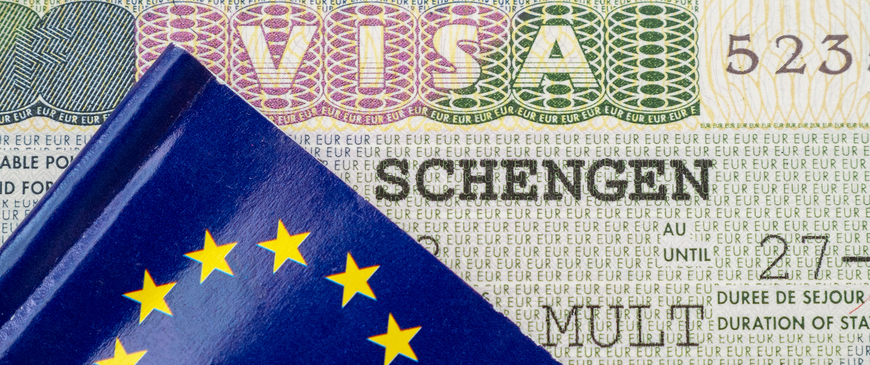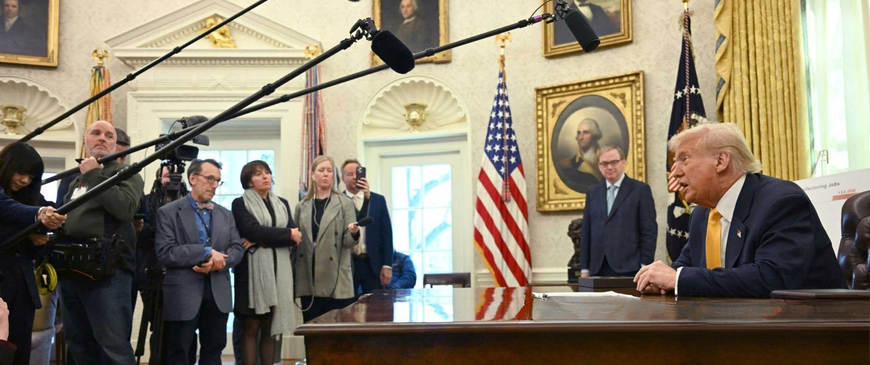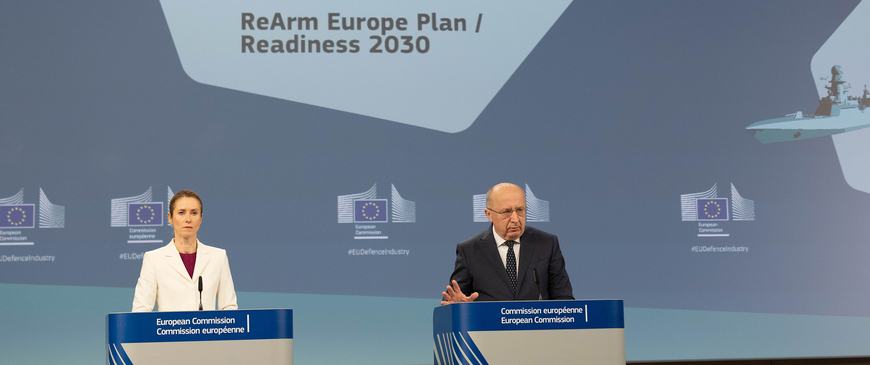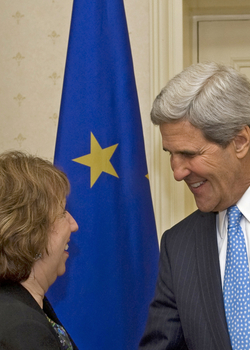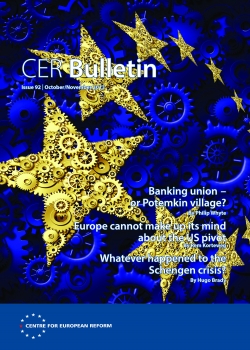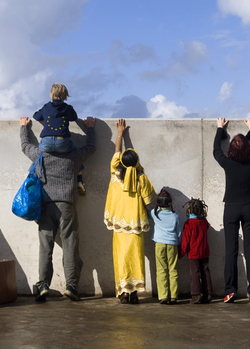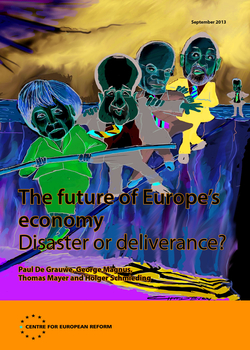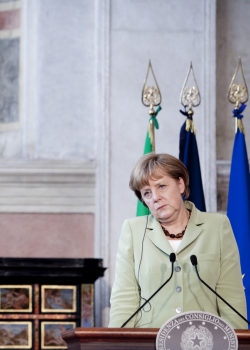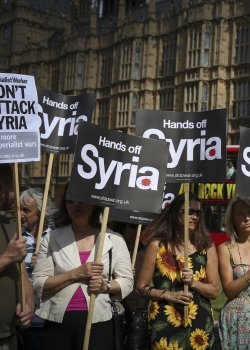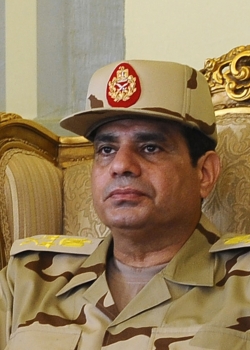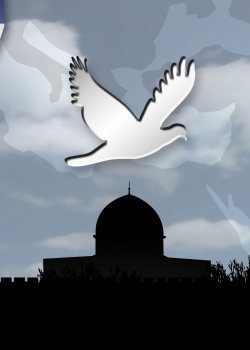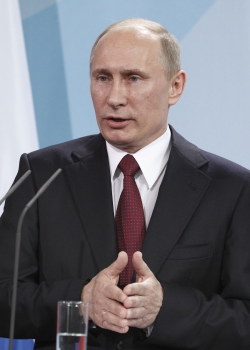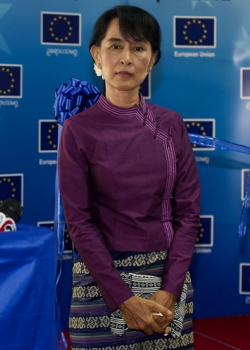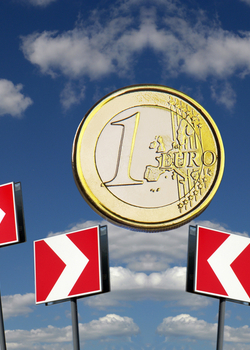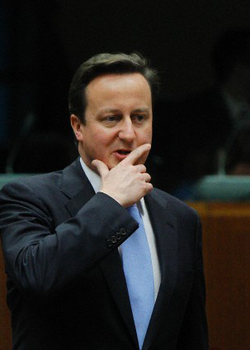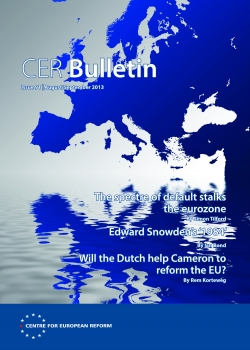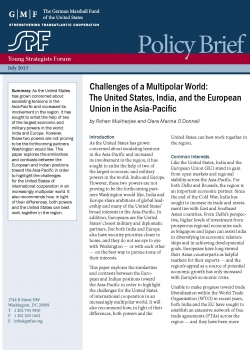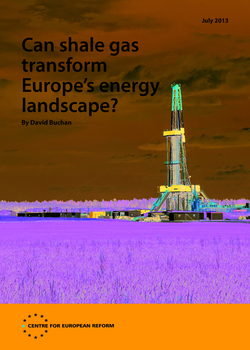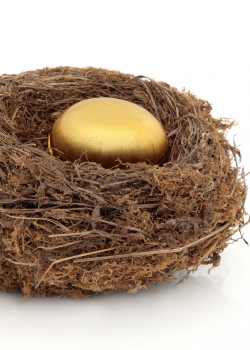Research
Banking union – or Potemkin village?
27 September 2013
Since mid-2012, the eurozone crisis has been in remission. The period of relative calm which has prevailed since then has not been the product of an upturn in economic fortunes: until the recent summer uptick, the eurozone had suffered six consecutive quarters of declining activity and rising unemployment (a result in part of synchronised fiscal austerity across the region as a whole).
Europe cannot make up its mind about the US pivot
27 September 2013
Two years ago the United States announced a renewed focus on the Asia-Pacific. Its strategic rebalance – also known as the 'pivot' – is driven, among other things, by worries about security. But the EU and its member-states are confused about what this American shift means for their...
Issue 92 - 2013
27 September 2013
- Banking union – or Potemkin village?, Philip Whyte
- Europe cannot make up its mind about the US pivot, Rem Korteweg
- Whatever happened to the Schengen crisis?, Hugo Brady
Whatever happened to the Schengen crisis?
27 September 2013
EU ministers will put years of political wrangling behind them this autumn when they sign off a new set of rules for the Schengen area.
The future of Europe's economy: Disaster or deliverance?
18 September 2013
Four leading economists give widely divergent diagnoses of the eurozone's problems and very different policy prescriptions. The EU's future could depend upon which is right.
Division and indecision over Syria
18 September 2013
The Syrian crisis has split Europe and the US. They should push for a common Security Council position, but an ambiguous resolution may lead to military action and further division.
Continuity and change in Germany's EU policy
06 September 2013
Germany's EU policy is shifting. It will seek a 'grand bargain' with France but be tougher on the Commission. Treaty change is moving off the agenda.
The Commons vote on Syria: The world turned upside down
04 September 2013
Britain has long boasted of punching above its weight. Does Parliament's vote on Syria change that? Will others take over Britain's role or follow its example?
Europe's struggle for influence in Egypt
23 August 2013
The EU has stopped some arms sales to Egypt but it tells the new regime that Europe accepts the coup and it chooses stability, not democracy.
How the EU can help Kerry with Israeli and Palestinian peace talks
07 August 2013
The US convinced Israelis and Palestinians to sign up to new negotiations. The EU's actions helped, and it can do more.
Putin's Russia: Stability and stagnation
02 August 2013
Although Russia's economy is slowing, its politics is very stable. Meanwhile the Edward Snowden affair is damaging Moscow's relationship with Washington.
Hope and trials in Myanmar
26 July 2013
Myanmar is poised between an awful past and a promising but uncertain future. With international help it can tackle its problems and fulfil its potential.
The spectre of default stalks the eurozone
24 July 2013
A popular narrative has taken hold across much of the eurozone. The economic situation, so the story goes, is improving, or at least bottoming out, and the necessary institutional reforms are being put in place.
Edward Snowden's '1984'
24 July 2013
Europe needs a serious debate on privacy and security, not hypocritical outrage about American spying or opportunistic attempts to block transatlantic trade talks.
Will the Dutch help Cameron to reform the EU?
24 July 2013
To renegotiate the terms of Britain’s EU membership, David Cameron must find allies. One of his targets is the Netherlands.
Issue 91 - 2013
24 July 2013
- The spectre of default stalks the eurozone, Simon Tilford
- Edward Snowden's '1984', Ian Bond
- Will the Dutch help Cameron to reform the EU?, Rem Korteweg
The trials and tribulations of European defence co-operation
24 July 2013
In response to the economic crisis, European militaries are working more closely together than before. But they still need to collaborate further.
Challenges of a multipolar world: The United States, India, and the European Union in the Asia-Pacific
11 July 2013
The German Marshall Fund of the US
As the United States has grown concerned about escalating tensions in the Asia-Pacific and increased its involvement in the region, it has sought to enlist the help of two of the largest economic and military powers in the world: India and Europe.
Can shale gas transform Europe's energy landscape?
10 July 2013
Shale gas could slow the increase in Europe's dependence on imported gas. But it will not be the game changer it has been in the US.
Don't let England's poujadists kill London's golden goose
08 July 2013
London keeps Britain afloat. But the city's wealth is dependent on its openness to immigrants, which is threatened by the country's increasingly hysterical immigration debate.


